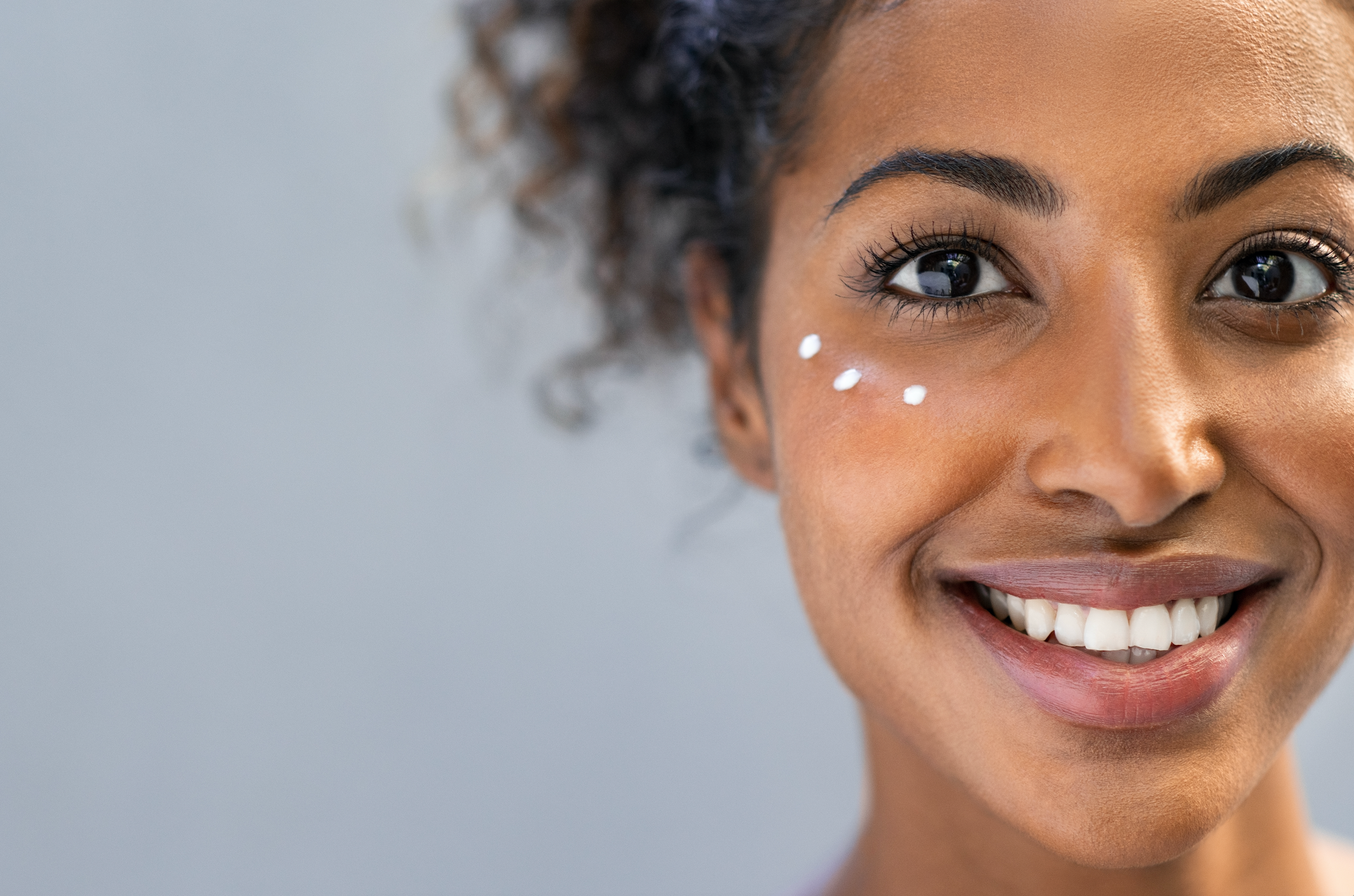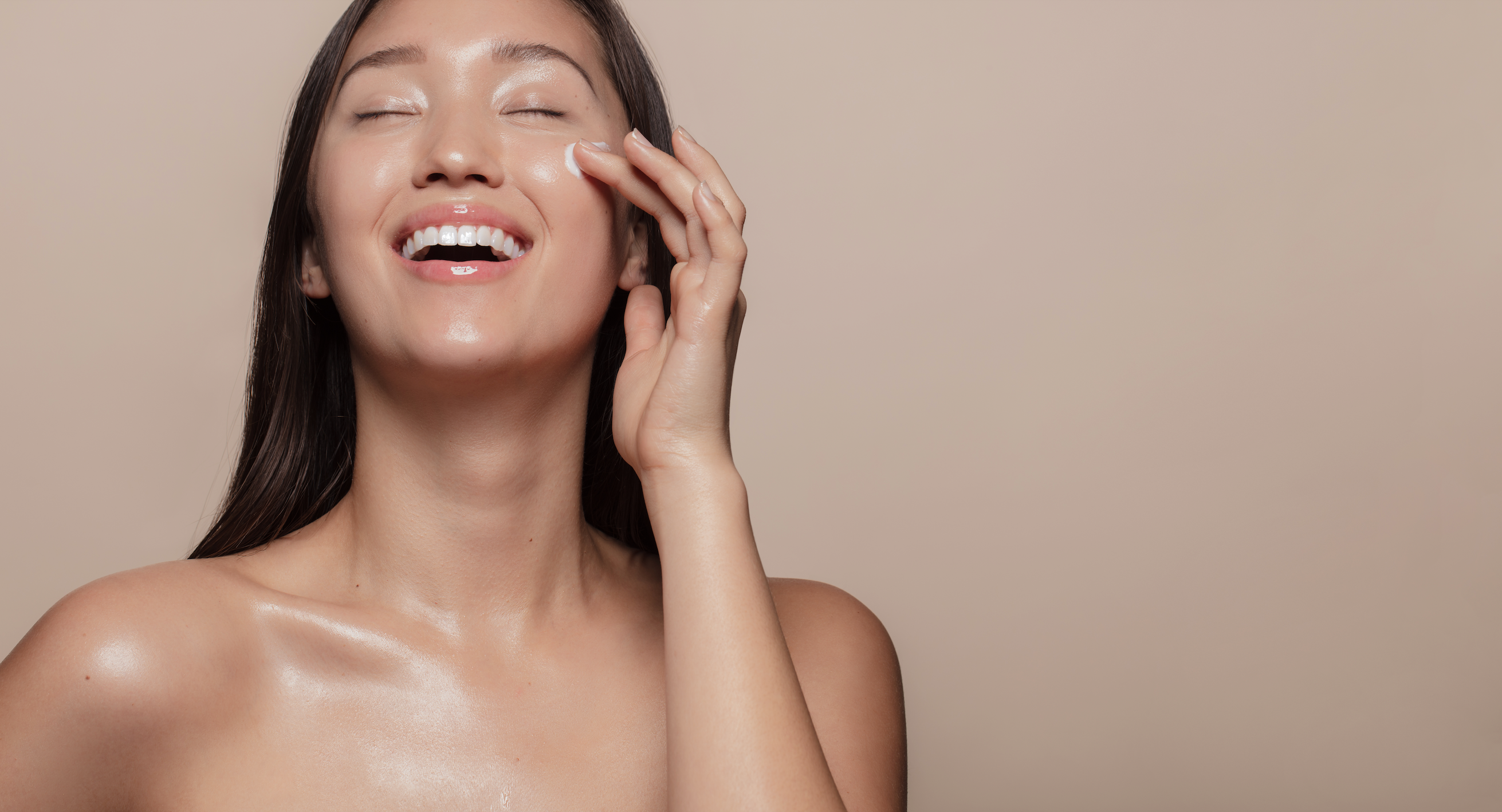
How Does SPF Work to Protect the Skin Barrier?
Good health is never guaranteed, but it is something we all strive to achieve. Taking care of our physical, mental, and social well-being by establishing good habits will put us on the right track to living full and fruitful lives. Let’s be clear, this is not to say we will always be illness and disease-free, but incorporating preventive measures into our daily routines will at least put us on the path to a healthy lifestyle.
Achieving a healthy lifestyle involves many factors:
- Eating a nutritious and balanced diet from various food sources
- Moderate exercise for at least 150 minutes each week
- Managing stress effectively
- Socializing and connecting with people
- Having a positive attitude/outlook on life
This should not be hard work if a routine has been established and adhered to. These are lifestyle choices, not chores. We are only given one body, so it’s so important to take care of it and treat it like the shrine that it is.
In taking care of our bodies and overall health, let’s not ignore the single most exposed and largest organ of our bodies - our skin. Skin is active, living tissue that renews every 28-30 days. It protects our body, bones, muscles, and other organs.
Our skin functions as a waterproof wrap that defends our bodies against bacteria, acts as a cooling system through sweating and protects us from numerous environmental stressors trying to attack our bodies. It is an indicator of our overall health; if we are sick, it generally will show in our skin. For instance, when we have the flu or a virus, we may look pale and sullen. Skin is a sensory organ where we feel pain, pleasure, pressure, and temperature. It’s made up of three layers that act as a shield insulating the body against extreme temperatures, damaging sunlight, and harmful chemicals. Skin is our superhero, always there to jump in and protect us, but we must take care of it so it can take care of us.
Is Your Skin Healthy or Unhealthy?
Now that you know what the skin barrier is and why it’s so important, how do you know if your skin barrier is healthy or unhealthy? At some point in our lives, our skin barrier has been breached and damaged. If you ever had a sunburn, sun damage, or a scrape/scratch somewhere on your body, you’ve damaged the skin barrier. But because our bodies are incredible, self-curative entities, for the most part, you healed and are no worse for the wear. That said, the damage was done. You may have a scar from the scrape, and the sunburn has already killed off some healthy cells in the deeper layers of your skin. If you want to avoid repair mode later in life, take care of your skin now by starting a manageable skincare routine that includes the use of sunscreen every day as well as UV protection every day.
A healthy skin barrier appears even, toned, and smooth. The skin is well-hydrated, moisturized, and flexible. When healthy, it is resilient against most external threats; but when compromised, it is unable to perform at its optimal level and becomes susceptible to damage. An unhealthy skin barrier looks dull and dry and may even be inflamed and red. So does that mean sunscreen helps with acne? Well, because skin damage and sun damage cause premature aging, fine lines, and wrinkles will appear due to the loss of collagen, volume, and elasticity. The breakdown begins to allow irritants to be absorbed by the skin which could ultimately lead to skin cancers. If you are susceptible to sensitive skin or genetic skin irritations like rosacea, eczema, or psoriasis, a weakened barrier will exacerbate the symptoms.
So how do we protect our skin barrier from becoming damaged from sun and UV exposure?
The number one, and somewhat obvious, response is to use sunscreen for your face every day to protect it from the harmful effects of the sun’s UVA and UVB radiation. You see, our skin contains molecules structured to absorb these rays and the rays emitted from blue light exposure from our smart devices. When exposed, these molecules respond chemically by producing extra melanin to absorb the rays before they can damage the cell DNA of our skin. What occurs when your body produces more melanin, is a suntan. While that sounds like a good thing, don’t go thinking this means that tanning prevents skin cancer because that is not at all the case Eventually your body will not be able to keep up with the overexposure, and long-term damage will begin to occur. This makes it necessary to continually re-apply sunscreen when skin is exposed to sun and UV exposure.
How does sunscreen protect the skin barrier?
The benefit of sunscreen is that it protects your skin by blocking the sun’s UVA, UVB, and blue light radiation from being absorbed by the skin. To keep things simple when understanding the consequences of UV light damage, think A for Aging and B for Burning.
UVA rays make up 95% of the rays we are exposed to from the sun. They penetrate deeply through the top two layers of skin, causing visible signs of aging. UVB rays only make up about 5% of the rays emitted by the sun, but put you at greater risk of skin cancer because UVB rays damage the skin cell’s DNA.
UVB rays typically cause sunburn, and your skin becomes red and inflamed. It eventually peels, and the dead skin cells slough off. However, the remaining cells that don’t slough off continue to get further damaged over time resulting in skin cancer. Additionally, the blue light emitted from your digital screens increases the production of melanin and could eventually lead to collagen breakdown and all of the premature aging symptoms associated with that
In choosing a sunscreen, the Skin Cancer Foundation, American Cancer Society, and American Academy of Dermatology all recommend regular use of a broad spectrum, Sunscreen’s SPF (sun protection factor) of 15 or higher SPF (but preferably 30) to prevent sunburn and reduce the risk of skin cancer. Sunscreen’s SPF only protects against UVB rays, and the number refers to the relative time it takes to get burned. It typically only takes 10 minutes to burn if your skin is unprotected. So a sun protection factor of 15 should protect your skin for 150 minutes if you have applied it properly. Most people don’t use the recommended amounts on the bottle directions, putting the body at risk for improper coverage. Since SPF only protects against UVB radiation, it is important to use a broad-spectrum sunscreen to guard against UVA and blue light exposure.
Types of Sunscreens
Sunscreens and sunblocks are regulated by the Food and Drug Administration. There are primarily two types of sunscreens - Chemical and Mineral sunscreen. Originally, the FDA was primarily only worried about sunburn due to its potential risk of skin cancers. So in doing their research, they approved molecules as safe against sunburn from UVB rays. In more recent years, the FDA has determined that long-term exposure to UVA rays is not only just good for a suntan but can cause trouble down the road too, so they have since approved two molecules for UVA protection - zinc oxide (mineral blocker) and avobenzone (chemical filter).
Chemical sunscreens are just that - a screen. They filter the rays that are absorbed by our bodies’ melanin. Mineral sunscreen is an actual blocker forming a physical barrier that reflects the rays. Both chemical and mineral sunscreens protect the skin before harmful radiation can be absorbed by our cell’s DNA. The FDA also regulates the labeling of sunscreen to ensure transparency in its function. Always look for sunscreen protection that is broad-spectrum with SPF 15 or higher and water-resistant (up to 40 minutes) or very water-resistant (up to 80 minutes).
The best defense against premature aging and skin cancer is to use sunscreen protection every day, 24/7. Apply as directed on the bottle 15-30 minutes before exposure. Cover all exposed areas, including hands, feet, ears, neck, etc.. Reapply frequently - if outdoors, reapply every two hours. Use indoors and when driving as well because UVA rays can penetrate through glass. Avoid overexposure, find shade, but most importantly, find a sunscreen that works for you and your skin!
Sources:
- "What is health?: Defining and preserving good health." 29 Jun. 2021, https://www.medicalnewstoday.com/articles/150999. Accessed 12 Jul. 2021
- "Skin Barrier Function and How to Repair and Care for It - Healthline." 16 Sep. 2020, https://www.healthline.com/health/skin-barrierM. Accessed 12 Jul. 2021.






